
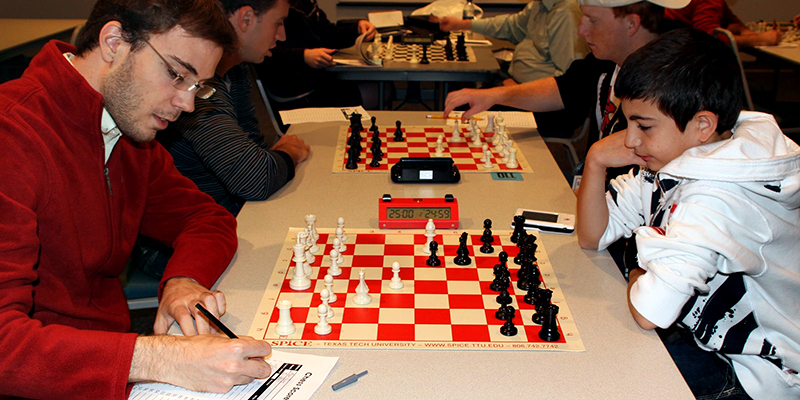
Nowadays, chess game has become part curricula in various schools, across the worlds. It has been accepted by the majority of the people and experts that chess game helps to improve the brain’s capability in many ways. In this article, we will see how the chess game can benefit your brain.
Improves Problem Solving Capability
Chess exercises the brain to a great extent. The players have to continually think and make their move to trap the competitor’s King in check. Here, players use their mental capabilities to win the game and this will keep their brain alert and active.
Develops Cognitive Ability
Various studies have proved that school children were able to improve their cognition by regularly playing chess. Experts say that chess game helps the children to become smarter.
Verbal Skills
By receiving verbal instruction for at least two hours a week, students can improve their verbal skills. This game is highly language-dependent, and hence it can exercise the areas of the brain that is responsible for verbal skills.
Critical Thinking
Based on the research conducted on chess players and non-chess players, it has been found that chess game helps to improve judgment and critical thinking skills.
Mathematical skills
Those students, who are struggling with mathematics, can practice and play the chess game.
Having good leadership skills will put you in a dignified position in the society and workplace. Some people are born with good leadership, while people acquire such skills through experience. If you are looking to improve your leadership skills, you can consider playing chess game regularly. We will tell you how this game can improve your leadership skills.

Studying Opponent’s Move
As a player, you are not just going to focus on your moves and strategies alone. You have to study your opponent’s move to take your decision throughout the game. The ability to study your competitor’s strategy will surely enhance your leadership strategy.
Planning ahead
Good leaders always know to create an effective plan. Winning the chess game requires lots of planning. As a player, you should plan your moves well ahead based on your opponent’s move. Regularly playing the chess game helps to improve your planning skills.
Knowing the worth of each piece
Chess players have to deal with various pieces such as Queen, King, Bishop, Rook, etc. As a regular player, you will know the worth of each piece, and you know how to trade the pieces efficiently. As a leader, you will also know how to extract the work from your team members based on their skills.

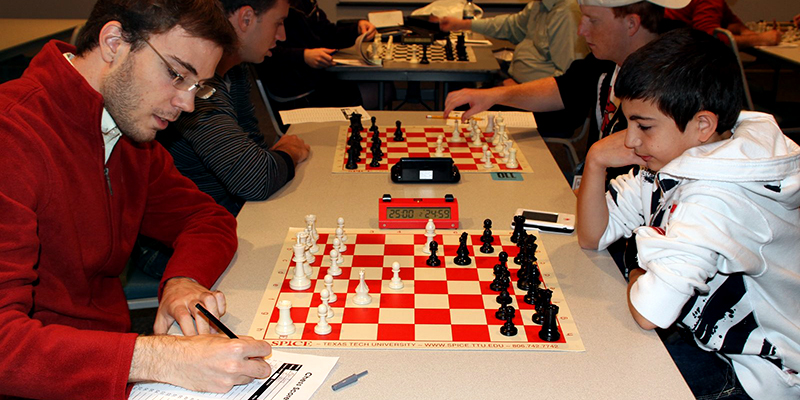



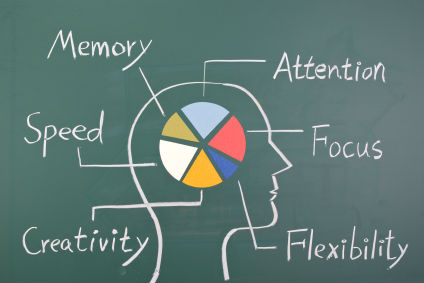
 is a phase, where only a few pieces are left in the board. During this phase, it becomes very hard the player to attack the opponent and defend his position. Improving your endgame skill will help you save the game. Now let us provide some tips and techniques, which will help you to do better in end game phase.
is a phase, where only a few pieces are left in the board. During this phase, it becomes very hard the player to attack the opponent and defend his position. Improving your endgame skill will help you save the game. Now let us provide some tips and techniques, which will help you to do better in end game phase.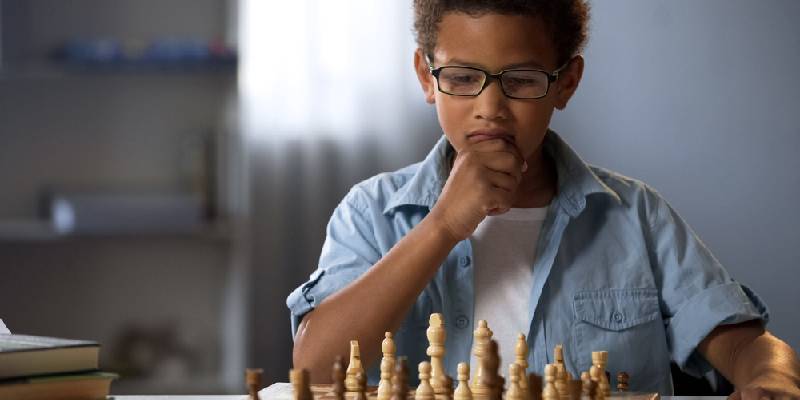
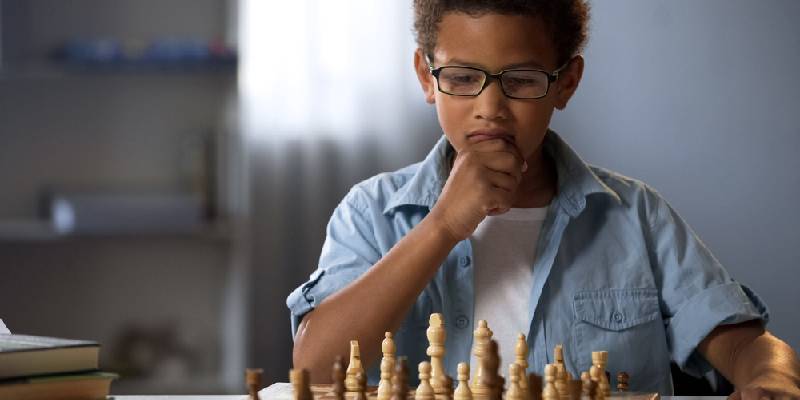
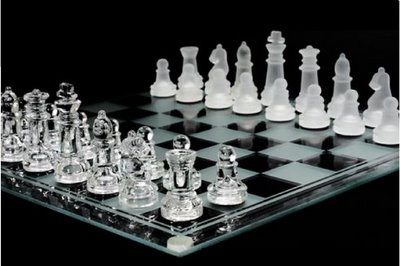


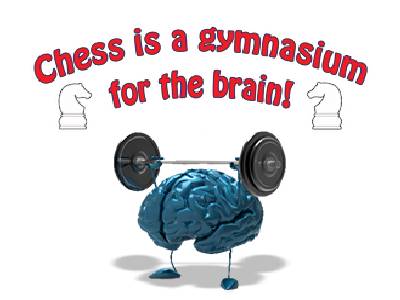 Exercises right and left sides of brain:
Exercises right and left sides of brain: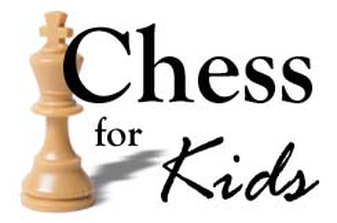 play chess on daily basis even after the completion of research.
play chess on daily basis even after the completion of research.